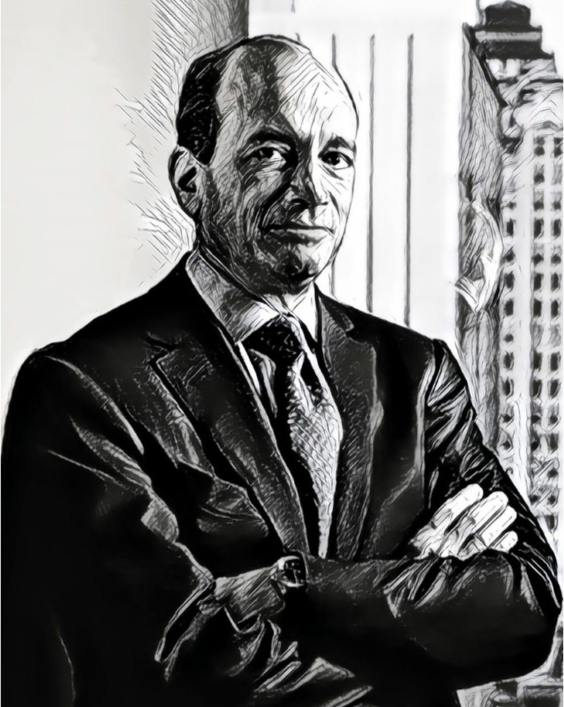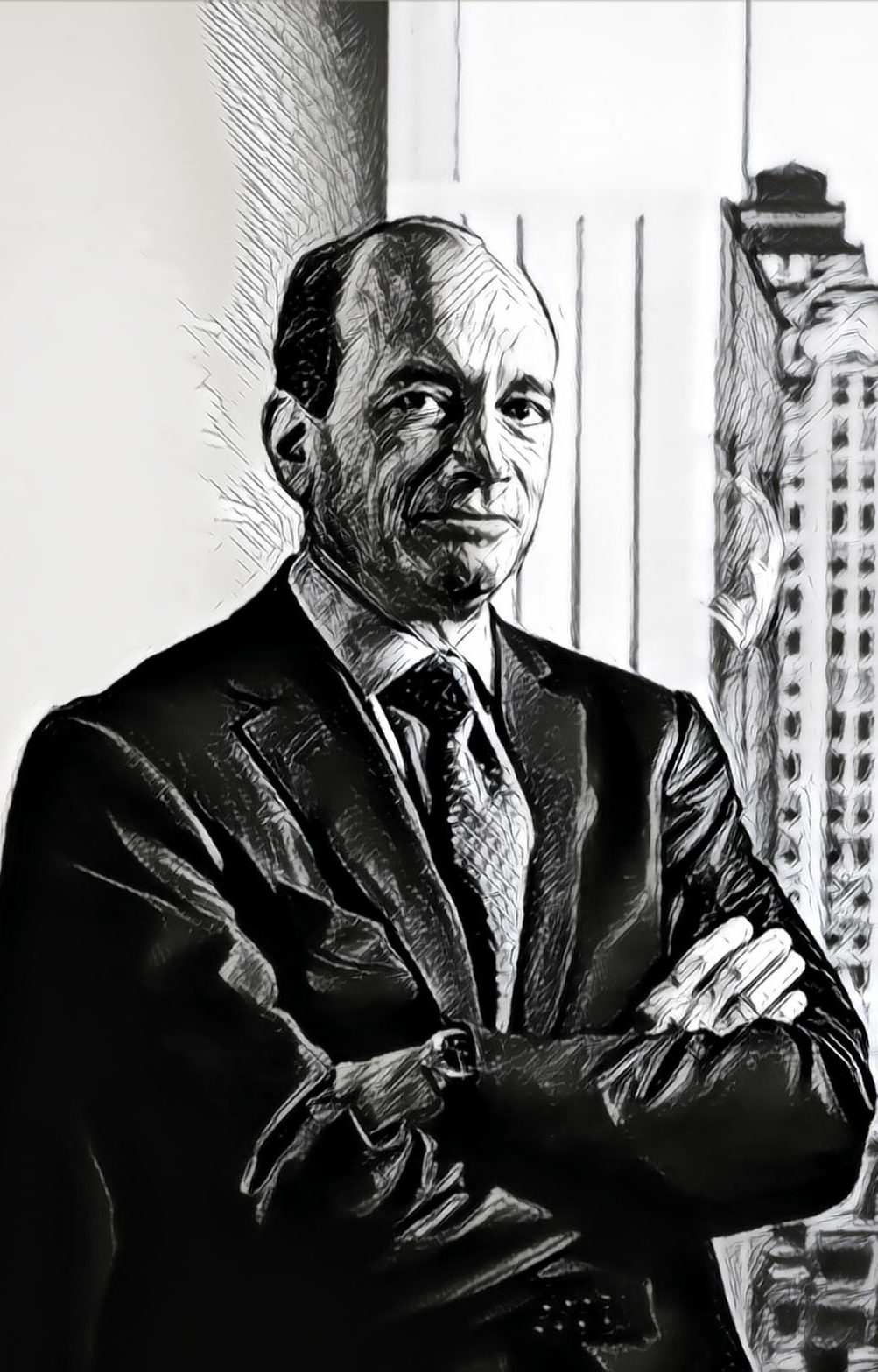“I’m interested in an event-driven hedge fund”, says your waitress gently setting down your breakfast. “What are the largest special situations funds?”, she asks. Turning your phone screen toward her, “go to this website and get your questions answered”. “Event Driven Daily …ok, as soon as my shift’s over, I’m there!”

What are the Largest Special Situations Funds?
The largest special situations funds are:
Apollo Global Management - Assets under management (AUM): $600 billion
This investment behemoth was founded by Leon Black and is the fiscal bully on the block adroitly implementing an event-driven strategy predicated on distressed debt securities, real estate, private equity, mergers, restructurings, and other corporate-driven events.
Oaktree Capital Management – AUM: $160 billion
Famed investors, Howard Marks and Bruce Karsh are managing founders. The fund’s investment strategies are corporate and distressed debt investing, real estate, and control investing, also known as private equity or private placements seeking to gain controlling interest. Marks and Karsh allocate fund capital to convertible securities, tender offers, mergers, and activist investor pursuits as well.
Cerberus Capital Management – AUM: $60 billion
Stephen Fienberg’s private equity fund returns shareholder value through event-driven investments in acquisitions, mergers, rights offerings, real estate, and distressed debt opportunities.
What are the largest special situations funds? These investment management funds are also known as event-driven or distressed asset hedge funds. They capitalize on the pricing discrepancies of a wide variety of asset classes affected by corporate-driven actions such as mergers, liquidations, and earnings reporting.
Elliott Management Corporation – AUM $55 Billion
Paul Singer is the founder and General Partner of the fund. The strategy is activist hedge fund-based and targets companies presenting opportunities to gain board representation through distressed debt investing, mergers, acquisitions, and bankruptcy restructuring.
Fortress Investment Group – AUM $54 billion
Founders Wesley Edens, Randall Nardone, and Rob Kauffman are known for their diverse and often negatively correlated investments in real estate, mezzanine credit lending, private equity, distressed securities, and restructuring.
What are the largest special situations funds? They are a select group of funds applying years of market experience to allocating capital to take advantage of corporate-driven opportunities. Their investments may be for relatively short periods but can extend to longer time horizons if the initial objective is controlling ownership.
Davidson Kempner Capital Management – AUM $36 billion
Marvin Davidson and Thomas Kempner are the founding managers of a fund that specializes in capturing arbitrage pricing discrepancies, distressed securities turnarounds, tender offers, spin-offs, spin-outs, and carve-out investing.
Baupost Group – AUM $30 billion
Managed by founder Seth Klarman, this prominent special situations fund capitalizes on a value investing strategy applied to distressed debt and securities, real estate, restructurings, out-of-favor undervalued securities, and selected private equity plays.
York Capital Management – AUM $20 billion
York Capital Management is an event-driven fund founded by Jamie Dinan. The fund invests in mergers, acquisitions, liquidations, distressed debt, currency arbitrage, and restructuring.
Silver Point Capital – AUM $15 billion
Ex-Goldman Sachs partners, Edward Mule and Robert O’Shea are the architects behind Silver Point. The fund’s investing focus is credit lending, distressed debt, mergers, acquisitions, and restructuring.
Avenue Capital Group – AUM $12 billion
Co-founders Sonia Gardner and Marc Lasry run a special situations fund that allocates capital for distressed debt investing, undervalued securities plays, mergers, acquisitions, currency and triangular arbitrages, and private equity investments.
What are the largest special situations funds? The largest special situations funds are investment vehicles with substantial assets under management whose market value is in constant flux. They prospect, identify, and invest in company-changing corporate events that return capital appreciation to their shareholders based on a managed risk/reward profile.
Read Next:









